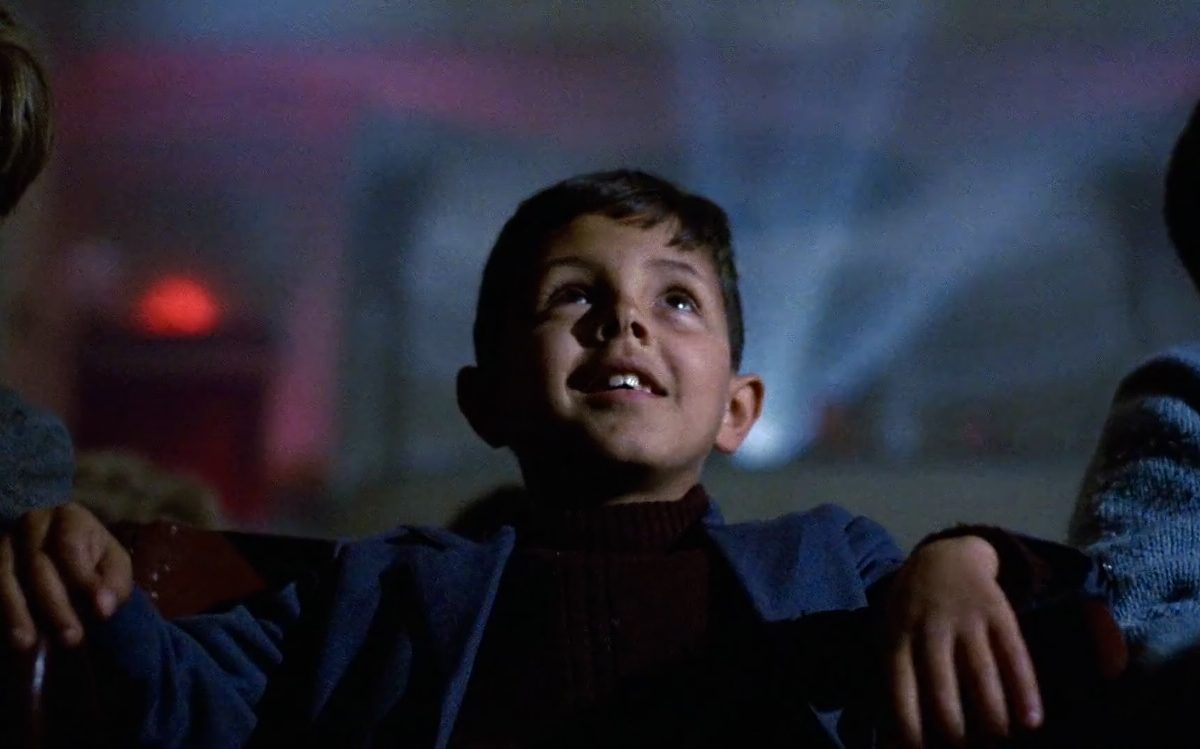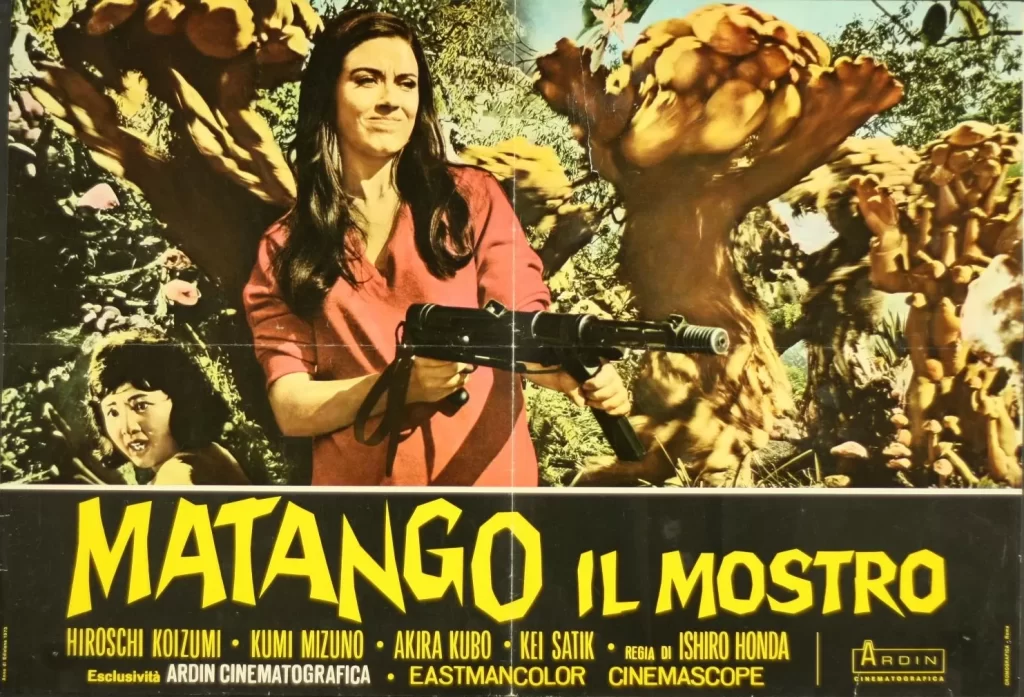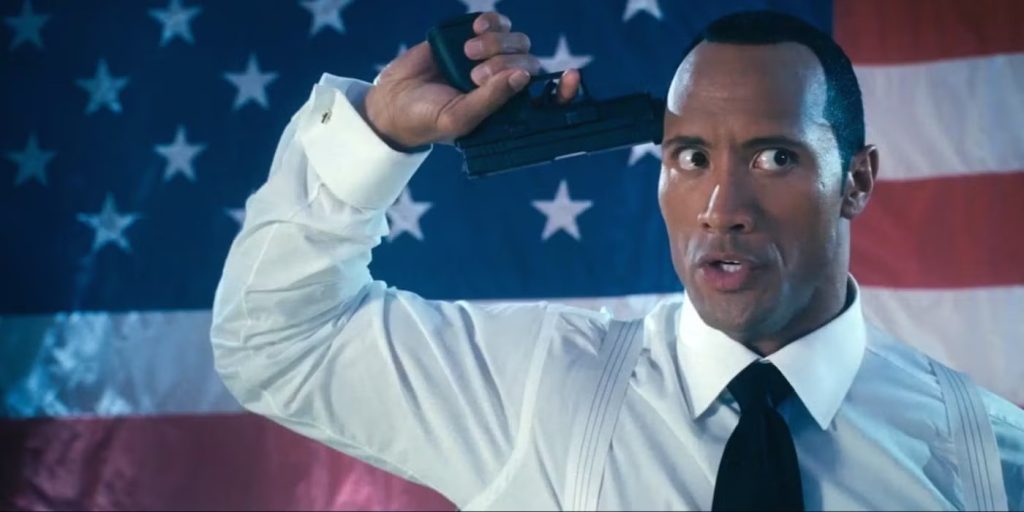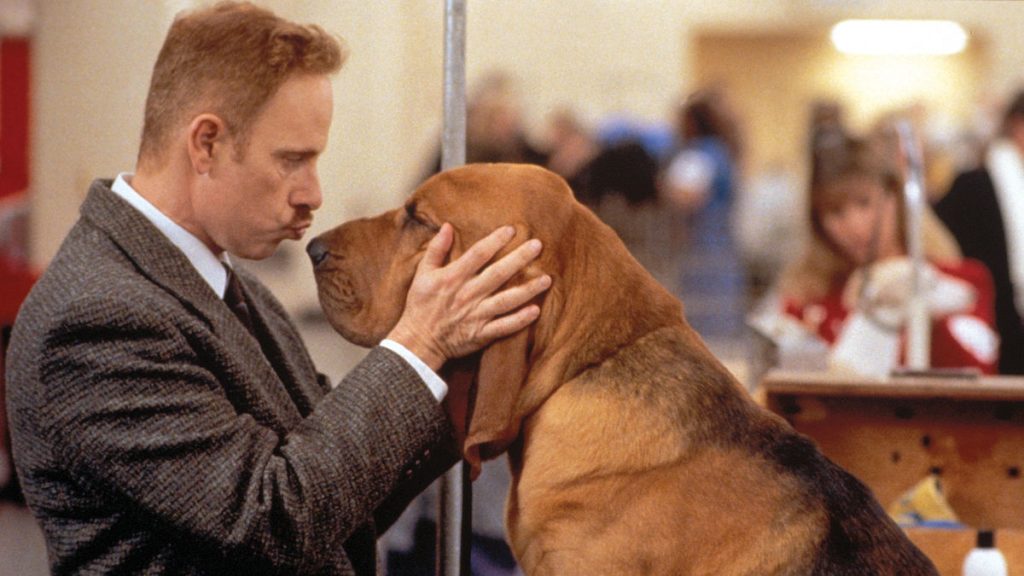Welcome to Harvey’s Hellhole, a monthly column devoted to spotlighting the movies that were poorly marketed, mishandled, reshaped, neglected or just straight-up destroyed by Harvey Weinstein during his reign as one of the most powerful studio chiefs in Hollywood. This month, let’s go back 35 years ago to the Italian movie that was released in its homeland – and helped Weinstein get a spot in the Oscar winners’ circle.
If you’re going to tell the story of how Harvey Weinstein went from indie/foreign film distributor to Oscar-winning Hollywood mogul – and also provide the origin story on how Harvey Scissorhands came to be – you can’t not bring up Cinema Paradiso.
The 1988 coming-of-age tale from Italy was practically patient zero when it came to Weinstein taking a middlebrow foreign film and turning it into a much-adored, Oscar-winning hit. This story of Toto (Salvatore Cascio), a bratty, Sicilian lad who grows up in post-WWII Italy to be the teen projectionist (Marco Leonardi) of his town’s movie house –while also having his first romance with a fair-haired rich girl (Agnese Nano)– had a formula that won over both mainstream audiences and Oscar voters: It’s a date-night flick that also salutes the power and magic of movies. And it’s scored by Ennio Morricone!
Even though stateside critics thought it was some cornball art-house fare (The New York Times’ VIncent Canby ended his review by saying he’d “rather watch a half-dozen reruns of Diff’rent Strokes” than indulge in Paradiso’s sentimental nostalgia: “Not so much magic and the pretensions are fewer”), it eventually received the Best Foreign Film Oscar in 1990. (That was the same year Daniel Day-Lewis and Brenda Fricker won Best Actor and Best Supporting Actress, respectively, for My Left Foot, another foreign flick Miramax distributed.)
It’s also one of the first examples of Weinstein distributing a film that didn’t come over here in its original form. Ironically, Paradiso’s director Giuseppe Tornatore was reportedly the one who took a weedwacker to his film. Poor box office performance in his native Italy led to Tornatore cutting Paradiso down from 155 minutes to 123, also known as the cut we initially received. (It’s also the cut that won the Special Jury Prize at the 1989 Cannes Film Festival.)
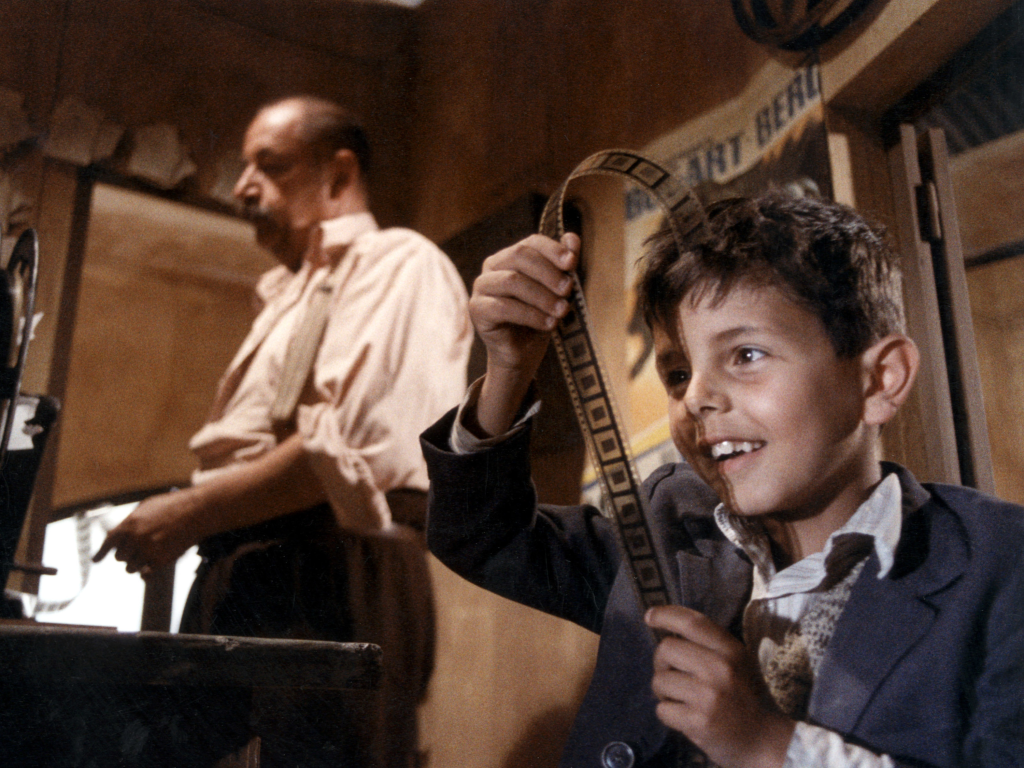
The 155-minute cut seems to have disappeared off the face of the earth; I couldn’t find it anywhere online. I could find the 123-minute, theatrical version, as well as a 2002 extended cut (titled Cinema Paradiso: The New Version) that clocks in at 173 minutes. That cut had just as much of a lukewarm response over here as the 123-minute iteration. “It is an item of faith that the director of a film is always right, and that studios who cut films are butchers,” Roger Ebert wrote in his review. “Yet I must confess that the shorter version of Cinema Paradiso is a better film than the longer. Harvey was right. The 170-minute cut overstays its welcome, and continues after its natural climax.”
I gotta agree with Roger, which unfortunately means I agree with Harvey. (It’s not the first time.) Tornatore fleshes out the love story more in the extended cut, with scenes of teenage Toto becoming even more obsessive over his first love. (He was already semi-creepy in the theatrical cut, hanging outside her window on a nightly basis.) The 22-minute final act balloons to damn-near an hour. In the theatrical cut, an adult Toto (Jacques Perrin), now a middle-aged director, returns home to bury the cynical projectionist (Philippe Noiret) who taught him everything. In the new version, he does that and also tracks down his lost love (Brigitte Fossey), now a middle-aged lady with a daughter who looks just like her younger self. That subplot kinda takes you away from the whole cinema-equals-beautiful-moments theme Paradiso spends most of its running time establishing. There are also a couple of horny, Fellini-esque scenes involving the town’s resident prostitute/trollop teaching Toto and another guy the finer ways of love-making.
After the success of Paradiso, Tornatore continued his working relationship with Weinstein. Miramax distributed his 2000 film Malena, another coming-of-age tale about a boy growing up in a Sicilian town. This time, the boy lusts after the town’s resident, titular smokeshow (played by iconic, Italian smokeshow Monica Bellucci). Miramax even released an American remake of Everybody’s Fine, Tornatore’s family film from 1990, in 2009. In the remake, Robert De Niro is the father who goes around the country seeing how his kids (Drew Barrymore, Kate Beckinsale, and Sam Rockwell) are doing. (A Chinese version also dropped in 2016.)
Tornatore still fucked with Weinsten even post-#MeToo. Back in 2019, a judge rejected Weinstein’s request to travel to Spain and Italy to consult with Tornatore on a stage adaptation of Paradiso. The judge might’ve thought Weinstein was going to revert to his harassing ways when he linked up with Tornatore, who has also been accused of some skeevy shit. Immediately after the Weinstein news broke in 2017, Italian entertainer Miriana Trevisan said she had been assaulted by Tornatore twenty years before in his office. Trevisan alleged that the director “put me against the wall and started to kiss my neck and my ears, and touched my breast aggressively.” Tomatore predictably denied the allegations, but Trevisan stayed strong. “He may not recall it, but I do,” she said.
While both Weinstein and Tornatore have both tarnished their legacies by being some standard-issue douchenozzles, it can’t be denied that Tornatore’s Cinema Paradiso gave Weinstein the master plan on how to get audiences and Oscar trophies. Weinstein would go on to pick up foreign flicks and easily snag Oscars – and not just in the Best Foreign Language category. Remember when Weinstein successfully lobbied to turn international sleepers Il Postino: The Postman and Life is Beautiful into Best Picture nominees?
Undoubtedly, Cinema Paradiso is one of the films that made Harvey Weinstein a star. Let that shit sink in the next time you wanna cozy up with your boo and watch this movie.
The theatrical cut of Cinema Paradiso is streaming on Kanopy. The extended cut of Cinema Paradiso is streaming on Hoopla Digital.
